Summary
- Low challenge-rating monsters like Goblins and Cultists are essential for low-level D&D encounters.
- Creatures like Flumphs and Crawling Claws add variety and can establish tone in the game.
- Easy-to-defeat creatures like Homunculi and Awakened Shrubs are suitable for new players or under-leveled parties.
While it’s easy as a DM to want to go for the most powerful monsters in Dungeons & Dragons, throwing them at your party in an attempt to wipe them off the map, sometimes, you need low-level encounters for your table. This might be because your players are severely under-leveled, or because you’re playing with newbies, who aren’t as familiar with the rules yet.

Related
Best Familiars In Dungeons & Dragons
In Dungeons & Dragons, spellcasters will often employ familiars to assist them. Which are the best familiars in D&D?
Whatever the case may be, having a couple of low challenge-rating monsters in your back pocket for a D&D adventure is paramount. That’s why we’ve created this list with some of the lowest challenge rating monsters available in Dungeons & Dragons 5e.
For this list, we’re only looking at fantastical creatures and NPCs, and not non-fantasy animals from the 2025 Monster Manual Bestiary.
10
Goblin Minion
|
Stats |
Details |
|---|---|
|
Challenge Rating |
1/8 |
|
Creature Type |
Fey (Goblinoid) |
|
HP |
7 |
Goblins offer a classic encounter for low-level parties, and can even be used alongside mob combat rules for an added challenge. While, of course, the goblin in Dungeons & Dragons comes in many forms, the weakest by far is the Goblin Minion.
Though this creature can disengage or hide quite easily, ultimately, it only has seven hit points, meaning it can easily be taken out in a single round of combat, or even with a single attack. Plus, its AC is quite low at 12.
9
Flumph
|
Stats |
Details |
|---|---|
|
Challenge Rating |
1/8 |
|
Creature Type |
Aberration |
|
HP |
7 |
You can absolutely let the the cute appearance of this creature fool you, the Flumph is one of the weakest, if not most adorable, creatures in Dungeons & Dragons. These strange creatures float around the Underdark, and can actually prove helpful to strangers.
These creatures aren’t naturally aggressive, so you might not want to use them in combat. However, if your party is a bit jumpy and attacks anyway, the Flumph won’t put up much of a fight ultimately.
8
Cultist
|
Stats |
Details |
|---|---|
|
Challenge Rating |
1/8 |
|
Creature Type |
Humanoid |
|
HP |
9 |
Cultists make great early-game antagonists for low-level parties, as they’re humanoid, and therefore more capable of devising devious machinations than some other lower-level creatures in the 2025 Monster Manual. Like goblins, Cultists come in many different forms. The weakest is the standard Cultist.

Related
Dungeons & Dragons: 14 Best Monsters For A Desert
If your players are adventuring into a desert in DnD, here are some fearsome desert monsters for them to encounter.
With very low HP and an AC of 12, low-level cultists can also get taken out quite easily. Plus, they only have one attack with their ritual sickle, which only does 1d4 + 1 damage, so even squishy spellcasters might fare well against these attackers.
7
Bandit
|
Stats |
Details |
|---|---|
|
Challenge Rating |
1/8 |
|
Creature Type |
Humanoid |
|
HP |
11 |
Similar to Cultists, Bandits also are great for low-level encounters. Bandits can prove particularly fun to use while the party is taking a long rest, or otherwise distracted. Using a group of bandits to attack the party is sure to keep them on their toes.
Bandits can prove slightly stronger than Cultists or other 1/8 challenge rating foes thanks to their ranged attacks, which they can employ using a light crossbow. However, with similarly low AC and HP, they still won’t put up much resistance.
6
Shrieker Fungus
|
Stats |
Details |
|---|---|
|
Challenge Rating |
|
|
Creature Type |
Plant |
|
HP |
13 |
Shrieker Fungi are an interesting group of creatures in that they don’t really attack head-on. Instead, these strange plants act more like sentries for larger fungi that you can find in the 2025 Monster Manual.
When the party approaches a Shrieker Fungus or sheds bright light near the plant, the Shrieker emits a loud scream audible within 300 feet for one minute, or until the creature is killed. Ultimately, these creatures don’t really attack, but can make for a great intro to a larger encounter depending on what else in the nearby vicinity hears its cry.
5
Myconid Sprout
|
Stats |
Details |
|---|---|
|
Challenge Rating |
|
|
Creature Type |
Plant |
|
HP |
3 |
Myconids are tiny spore-like creatures that resemble mushrooms. They tend to inhabit the Underdark and are somewhat suspicious of outsiders, but not necessarily aggressive. The weakest of the Myconids is the Myconid Sprout.

Related
Dungeons & Dragons: 10 Tips For Running Giants
Between six different types of giants, there’s a lot you need to know to run giants in Dungeons & Dragons.
This tiny creature only has a measly three hit points, and can’t even be in direct sunlight. One interesting feature of these creatures is that any player exposed to the Myconid’s spores gains telepathy within a range of 30 feet for one hour.
4
Larva
|
Stats |
Details |
|---|---|
|
Challenge Rating |
|
|
Creature Type |
Fiend |
|
HP |
9 |
Larva and other Larvae work slightly differently from the type of larvae we know in the real world. In Dungeons & Dragons, Larvae are souls who have been sent to the lower plane, growing twisted, uncanny features sure to send a chill down even the bravest adventurer’s spine.
As twisted and terrifying as these creatures are, ultimately, they’re not that hard to defeat unless they attack in a swarm. However, an individual Larva has very little in terms of action economy, and can only really bite aggressive adventurers, making them an easier encounter than most.
3
Homunculus
|
Stats |
Details |
|---|---|
|
Challenge Rating |
|
|
Creature Type |
Construct |
|
HP |
4 |
These adorable constructs are famous and have made appearances in nearly every edition of Dungeons & Dragons. Homunculi are small cat-like creatures with wings that serve mages who create them. They can take on many different forms; it all depends on the spellcaster.
However, anyone hoping to employ a Homunculus in combat is in for a rough awakening. These creatures only have four hit points and one bite attack. However, their bite is poisonous, and can even knock out a creature depending on how poor their saving throw is.
2
Crawling Claw
|
Stats |
Details |
|---|---|
|
Challenge Rating |
|
|
Creature Type |
Undead |
|
HP |
2 |
What these creatures lack in powerful attacks and stats, they more than makeup for in terms of sheer terror. Crawling Claws are severed hands that move and act independently of any host body. These creatures can be found in abandoned tombs or crypts.
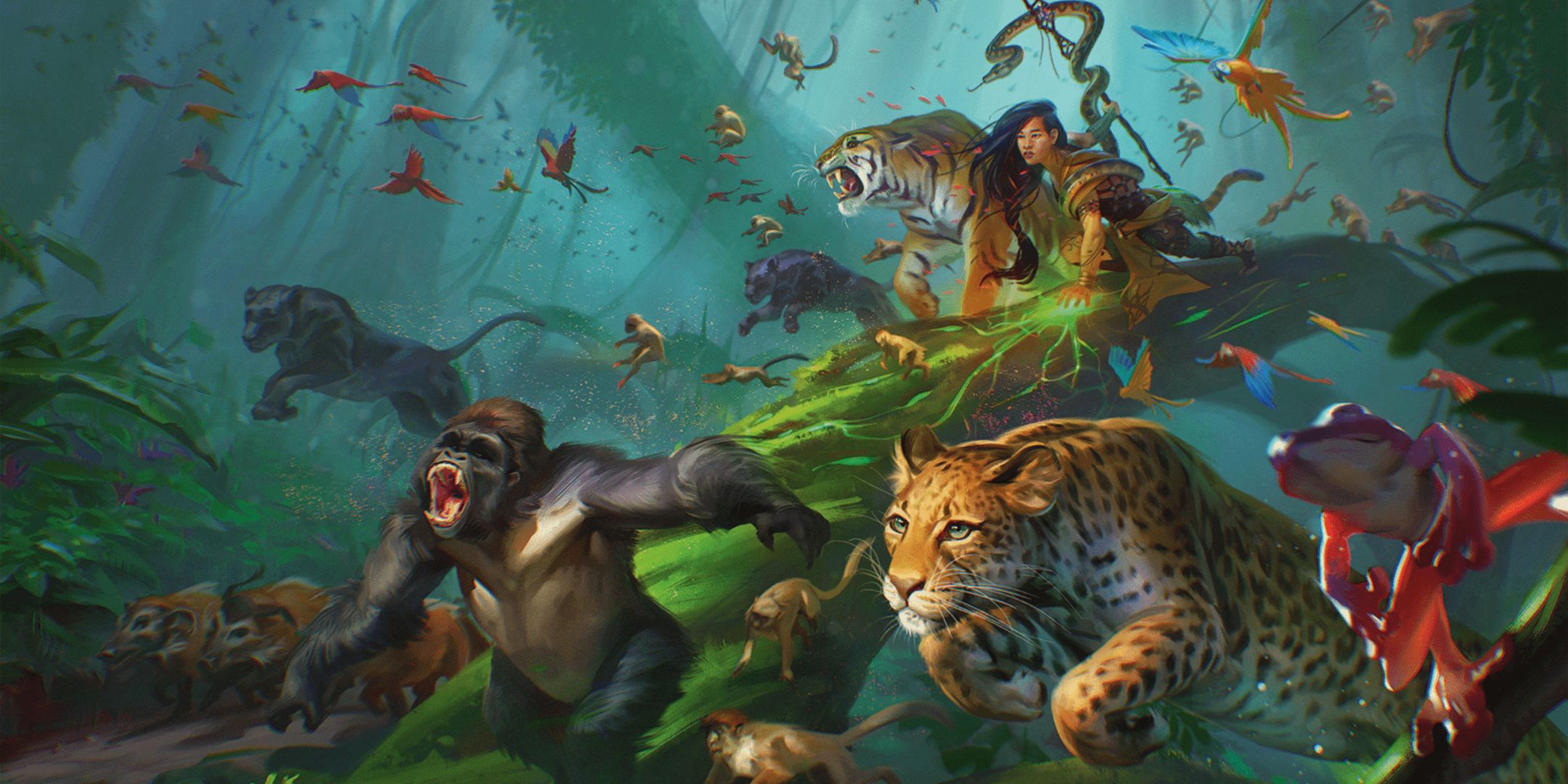
Related
Dungeons & Dragons: Best Monsters For A Jungle
Ready to hack-and-slash your way through a dense jungle? Watch out for these ferocious ungle-based monsters in DND.
However, while an adventuring party that perhaps falls into a pit of these creatures might, at first, be horrified, a few successful hits will wipe these creatures off the map in seconds. They only have 2 HP and an AC of 12. These creatures are best used to establish tone rather than actually impart damage.
1
Awakened Shrub
|
Stats |
Details |
|---|---|
|
Challenge Rating |
|
|
Creature Type |
Plant |
|
HP |
10 |
Many plants in the 2025 Monster Manual are relatively weak creatures. Though some are powerful, the Awakened Shrub sits at the very bottom of the plant totem pole in Dungeons & Dragons. This plant is vulnerable to fire damage and only has ten HP to begin with. Ultimately, its attack only does one point of damage as well.
Its initiative is a minus one, which is hugely pitiful. At the end of the day, these creatures feel more at home in a fairy tale than in a daring, swashbuckling D&D campaign, making them perfect for low-level parties.
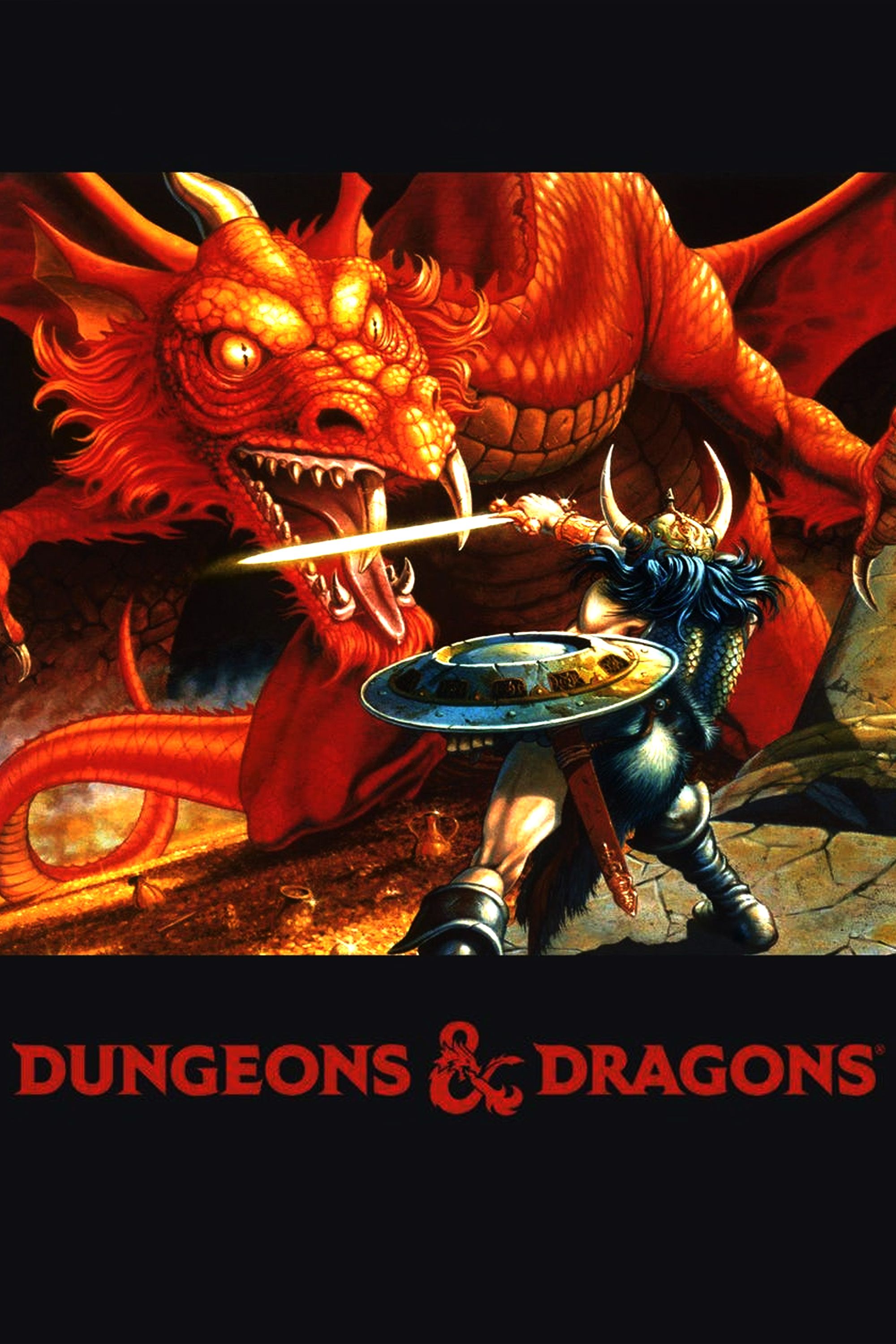
- Original Release Date
-
1974
- Designer
-
E. Gary Gygax, Dave Arneson
- Player Count
-
2+

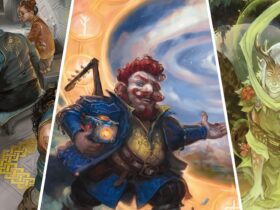
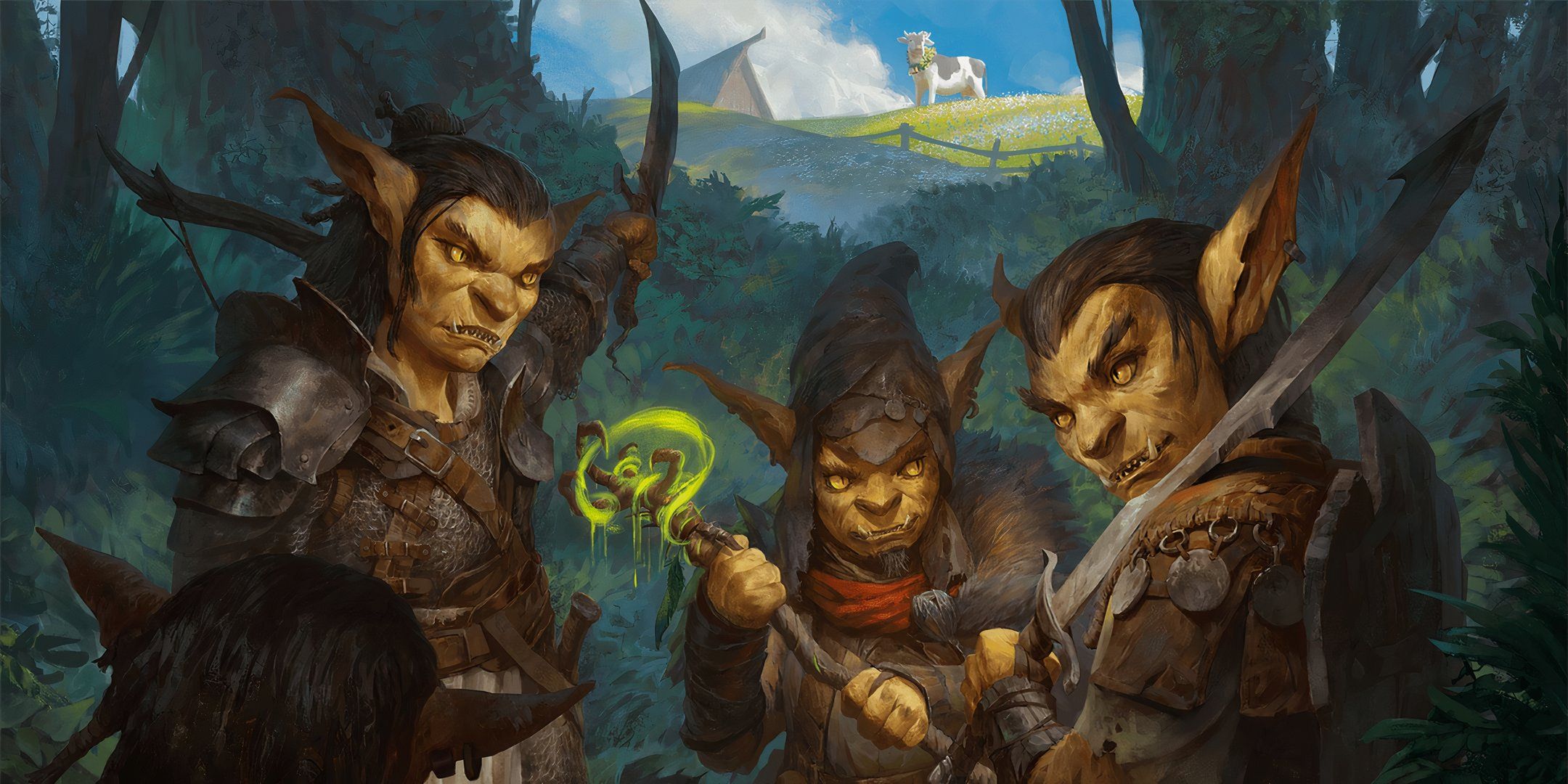
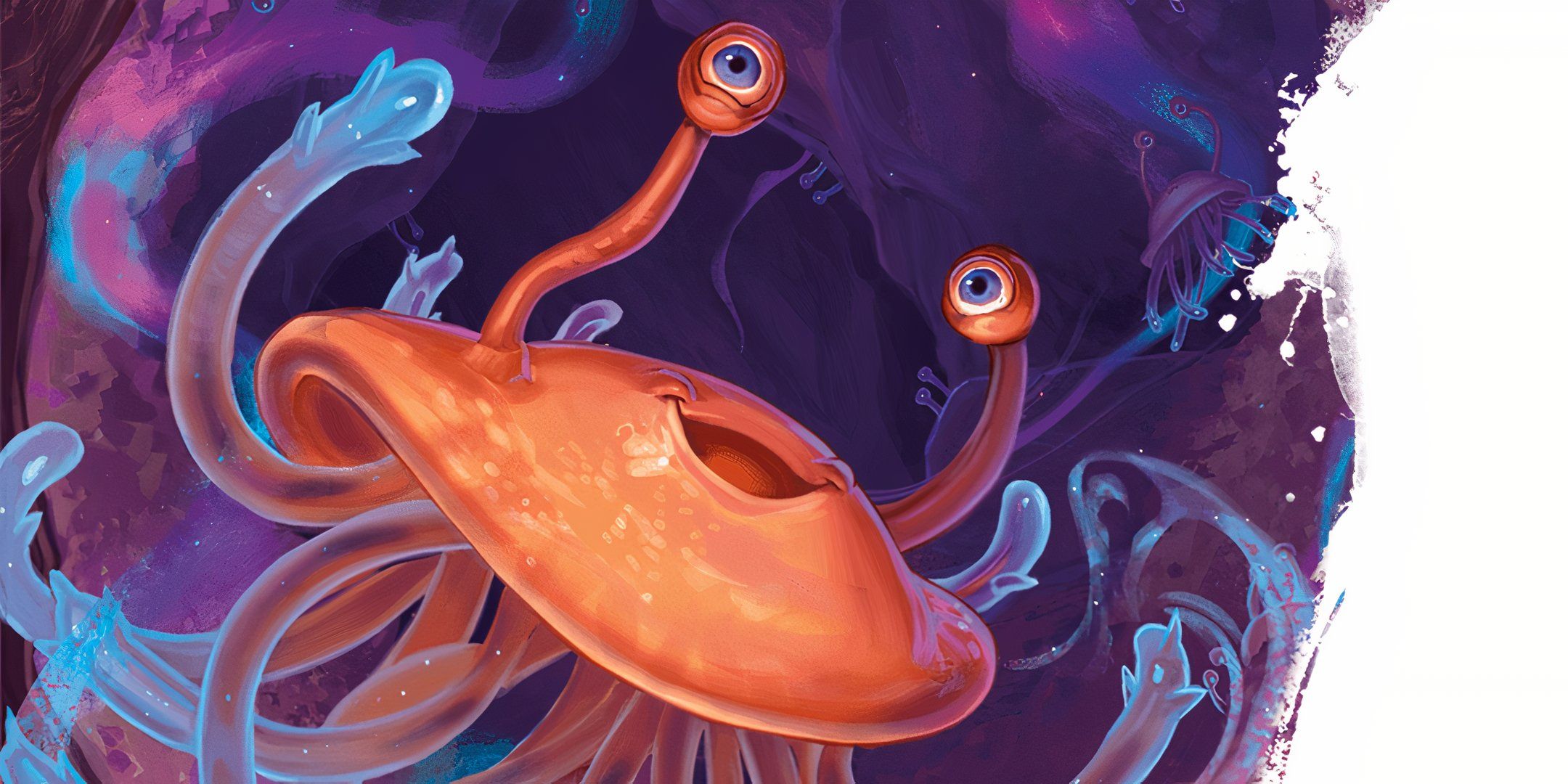
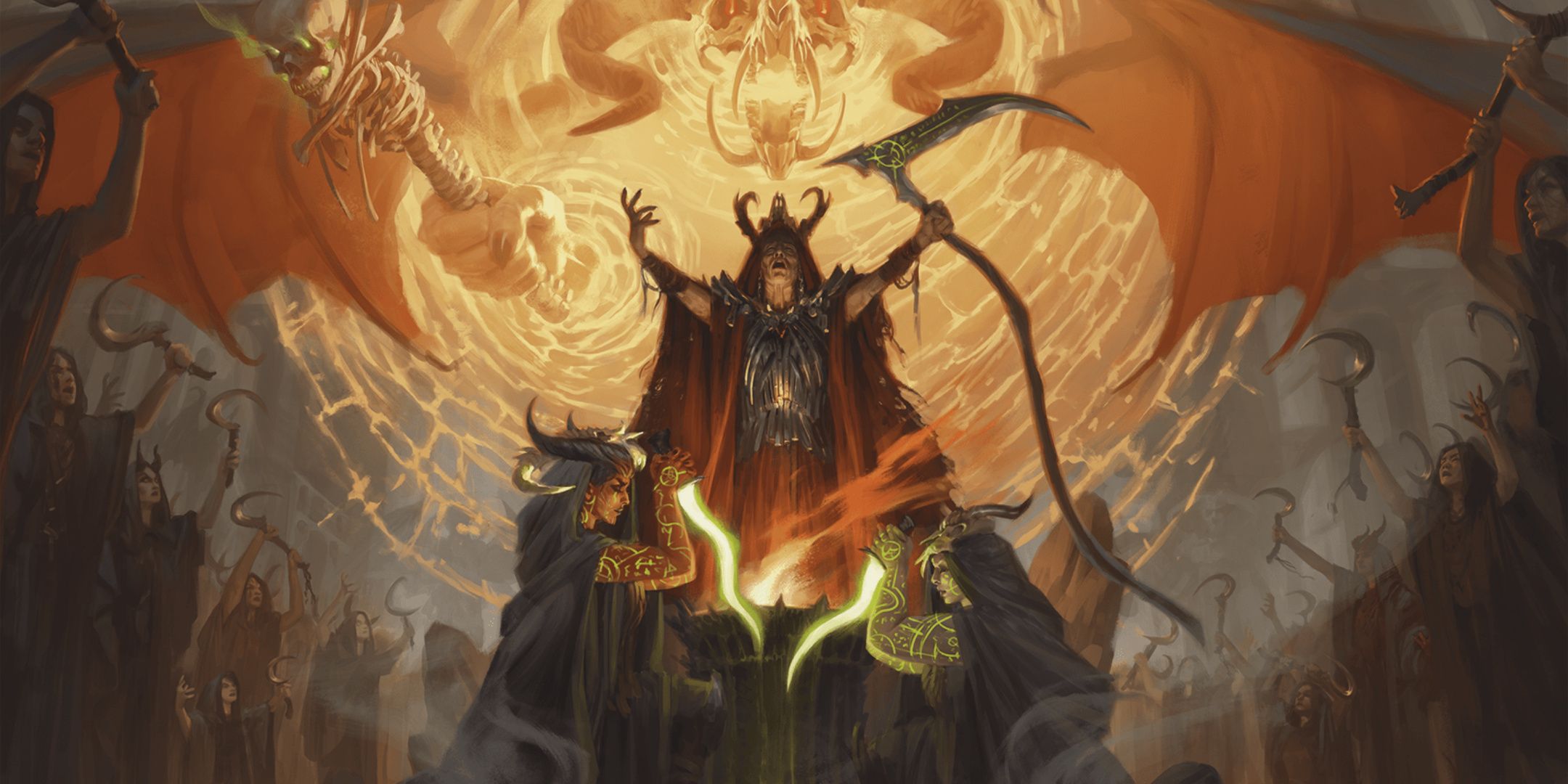
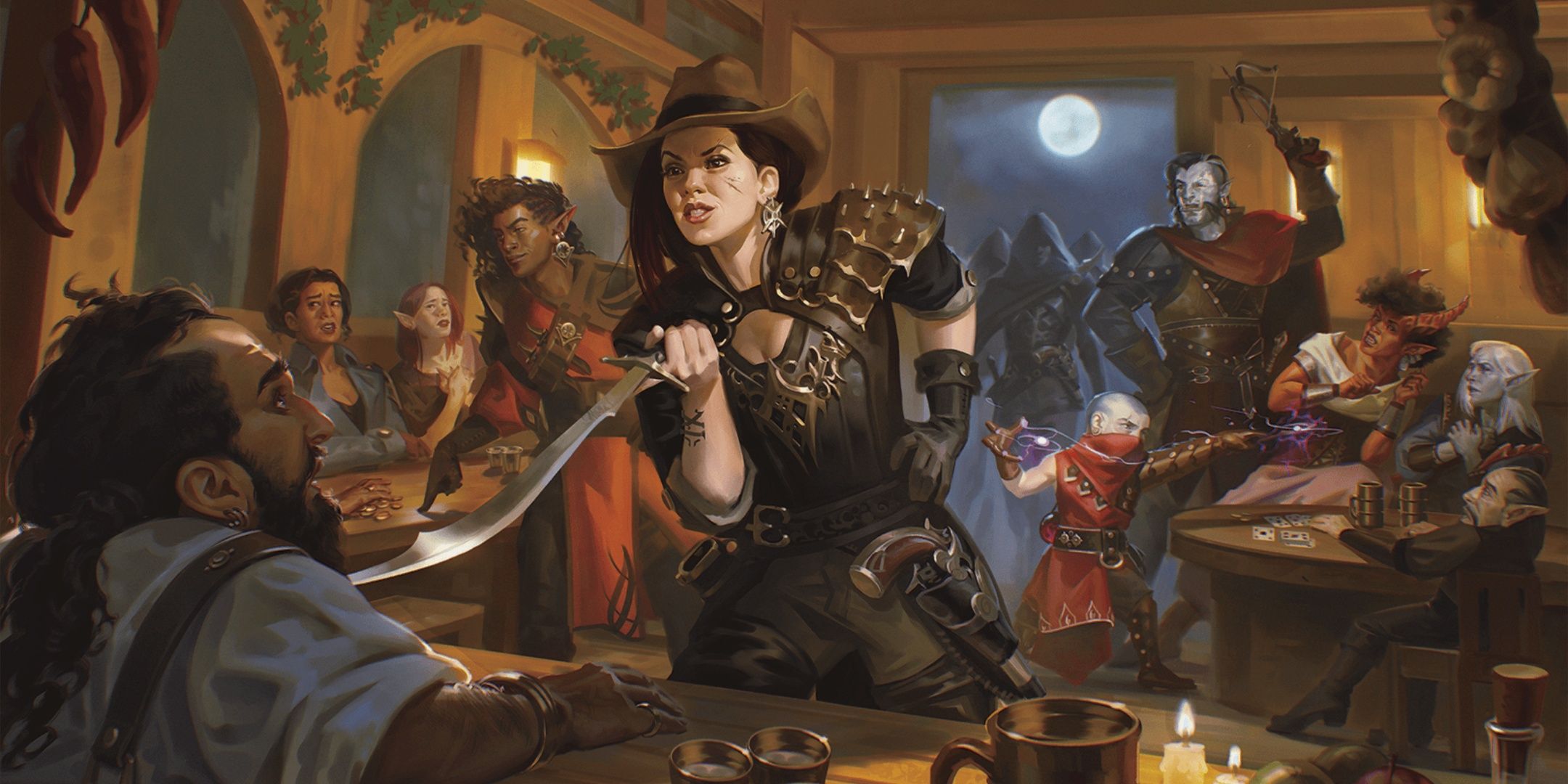



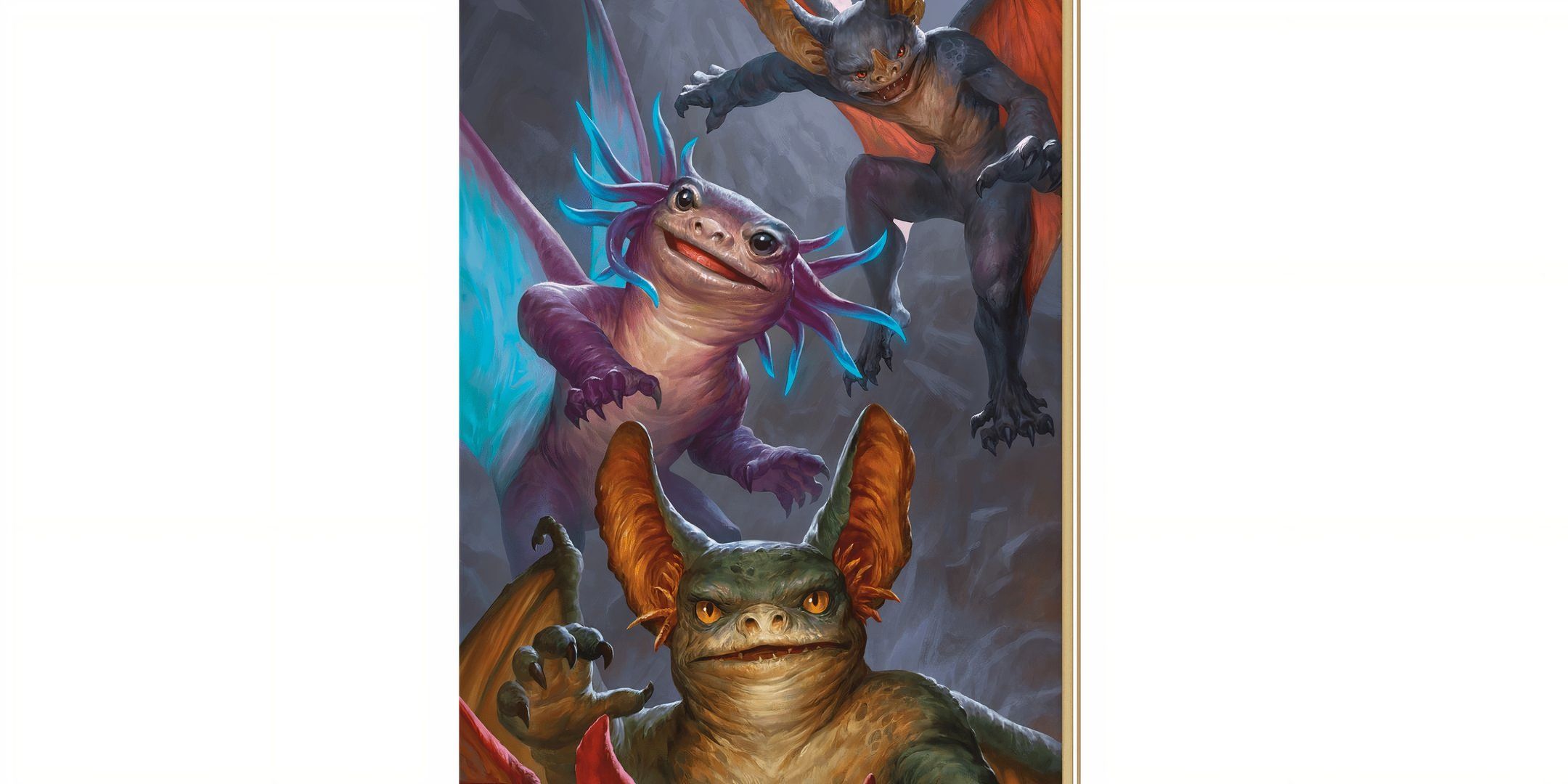

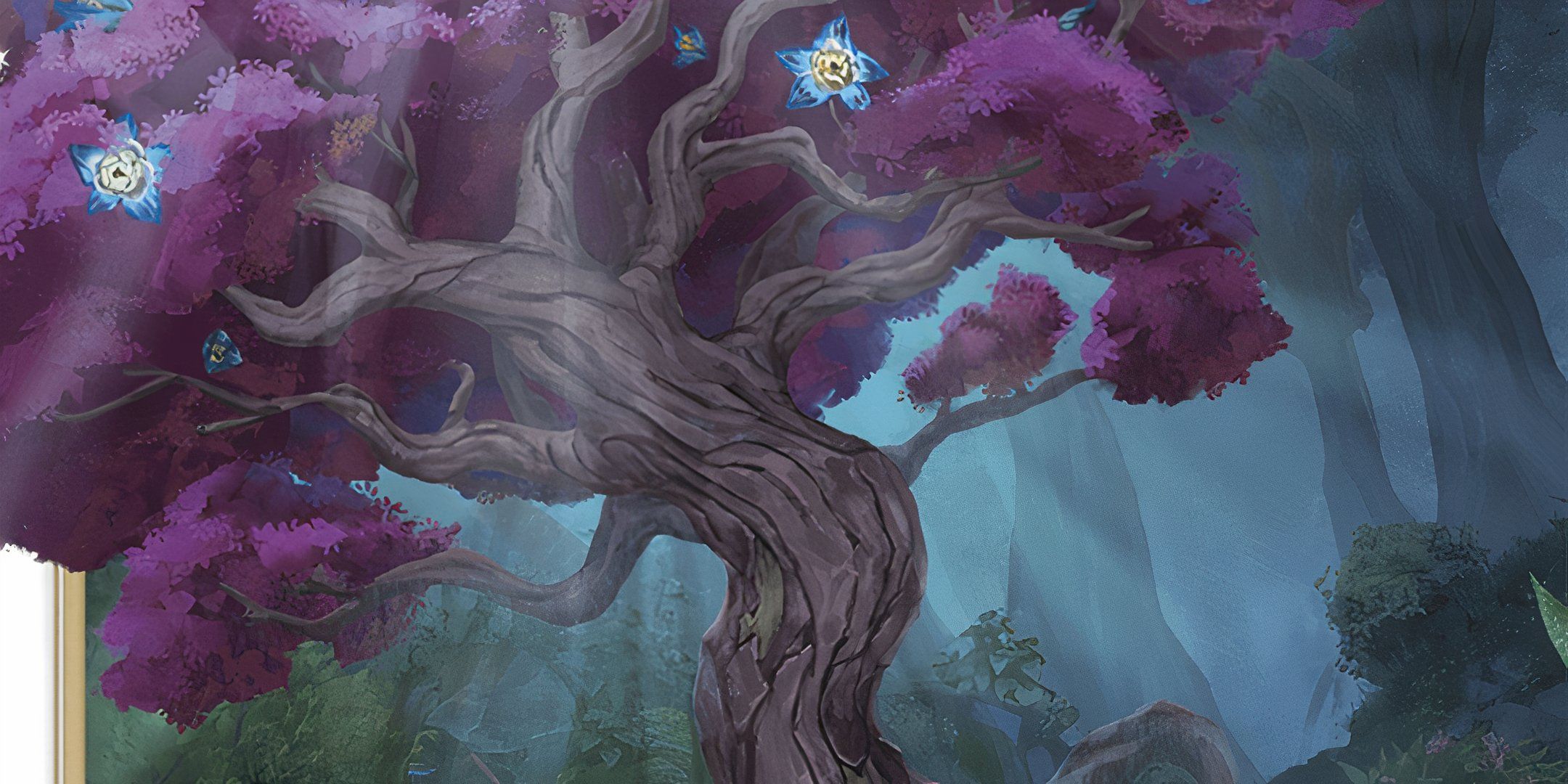




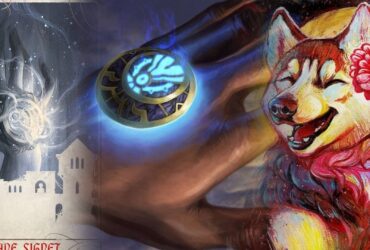
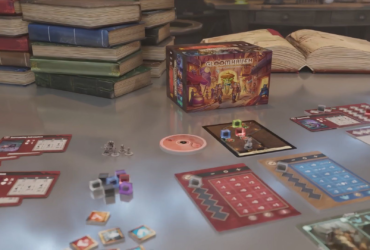
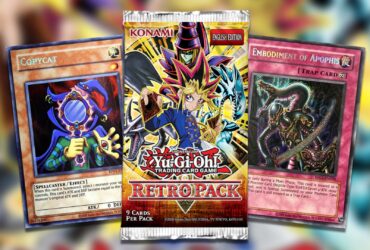
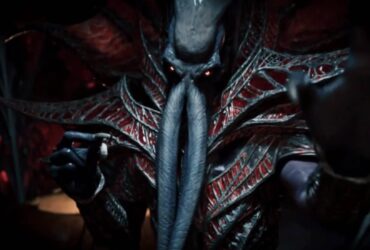

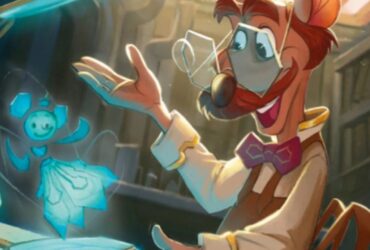
Leave a Reply